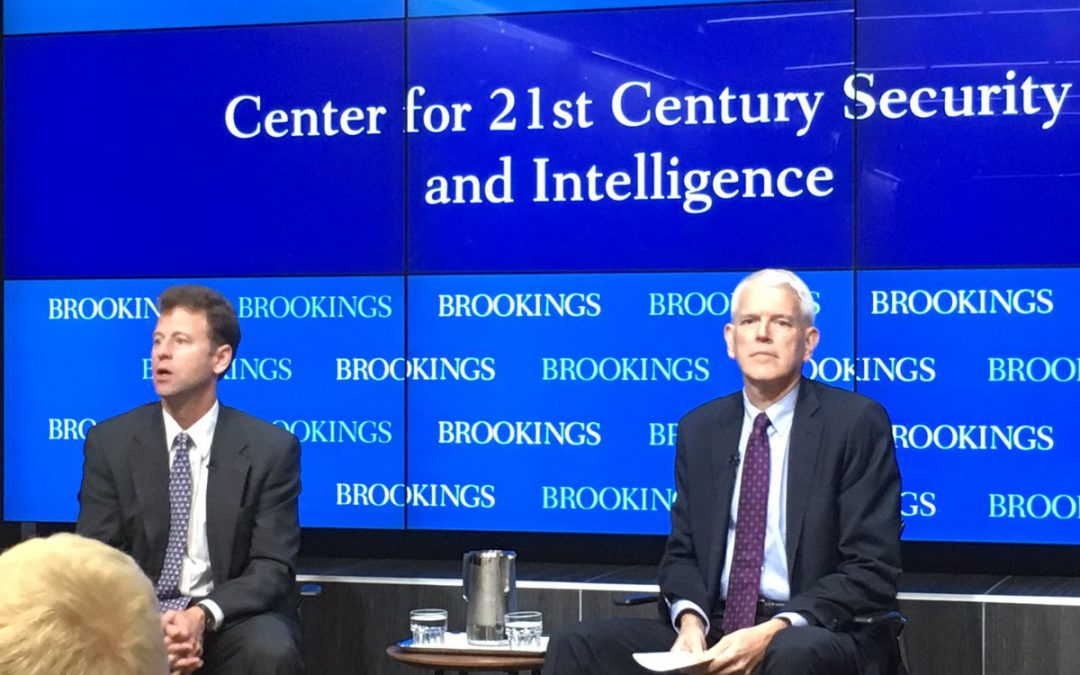WASHINGTON – The next president of the United States must make difficult decisions about further nuclear arms negotiations between the United States and Russia, an expert at the Brookings Institute said Monday.
Either Hillary Clinton or Donald Trump will take office with U.S.-Russia relations at their worst since the end of the Cold War, said Steven Pifer, the director of Brookings’ Arms Control and Non-Proliferation Initiative.
“Arms control is actually more important when U.S.-Russia relations are more adversarial than they were say four or five years ago,” said Pifer, who put out a report on the topic Monday.
That means the next administration should try to have a dialog with Russia on further reductions that go beyond the New START treaty while also being ready to deal with some concerns the Russians have raised during touchy times with the administration of President Barack Obama, he said.
“The goal here should be to test Moscow’s readiness to engage (in talks),” Pifer said.
The New START treaty is a nuclear arms reduction treaty between the U.S. and Russia in 2011 that only limits deployed strategic warheads.
Clinton has run on the platform taking credit for overseeing the completion of the New START treaty while she was Secretary of State. She said the treaty secured a “massive reduction in nuclear weapons.”
Trump, during the first presidential debate, said he would not approve a nuclear “first strike,” But he added, “At the same time, we have to be prepared. I can’t take anything off the table.”
At Brookings on Monday, Pifer said focusing on Russia is crucial for a new White House because “Russia is the only country in the world that can physically destroy the United States in minutes.”
“If Moscow is ready to engage, then Washington should have a position to engage upon,” Pifer said. “And if Russia is not ready to engage, then I think there is still a reason to have a forward-looking arms control position.”
A strong arms control position will help the United States push back on international pressure for near total nuclear disarmament, he said. Last week, the United Nations voted to begin negotiations on a treaty to ban nuclear weapons altogether, a decision opposed by Russia and the U.S.
Among several recommendations on nuclear policy options, Pifer said the next administration should adopt a position limiting both countries’ arsenals to 2,200 warheads each, with only 500 deployed strategic warheads.
Negotiations must address Moscow’s concerns raised during the Obama administration, Pifer said. These include missile defense, advance conventional strike weapons, and third-country nuclear forces.
Pifer’s full report, along with recommendations, can be found on the Brookings website.


